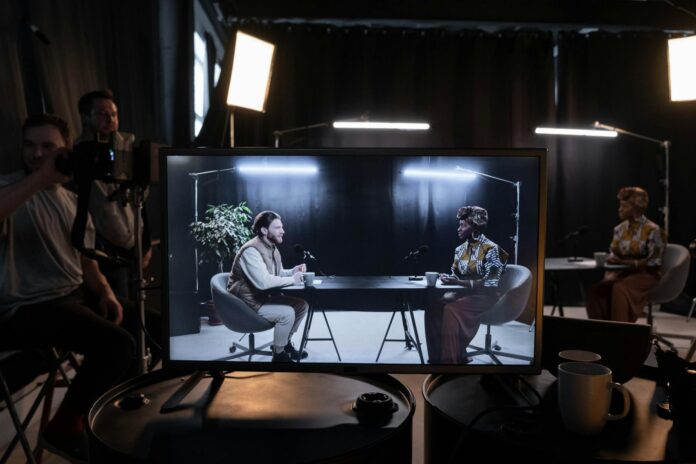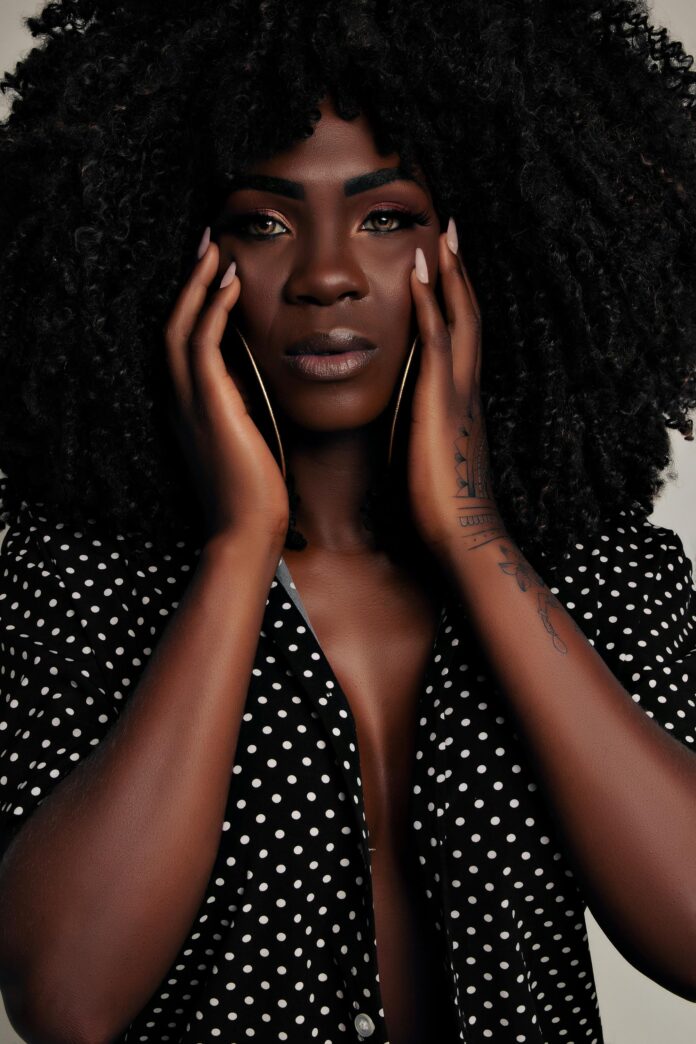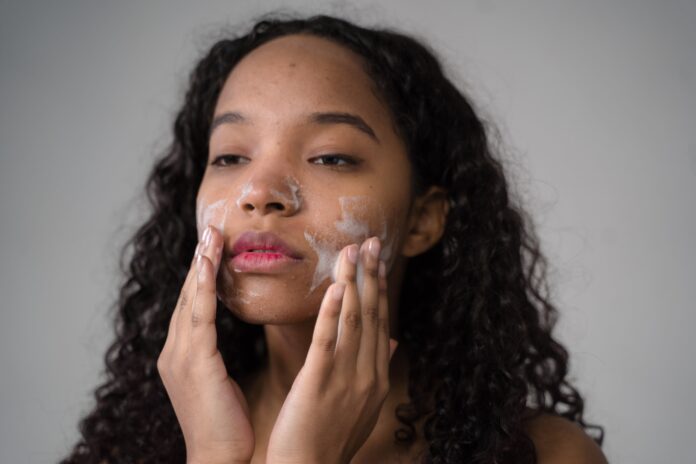Black representation in the media has been a widely discussed topic in recent years, and rightly so. A lack of diversity and inclusion in the media can have a significant impact on how people see themselves and are seen by society. In this article, we will explore the power of Black visibility in the media and why it is crucial for there to be more diverse representation across all media.
The lack of black representation in the media
The lack of black representation in the media is a persistent problem that has been widely documented. For decades, most television, film, advertising and other media productions have failed to accurately and equitably represent people of color. This has led to harmful stereotypes and a narrow view of the Black community, affecting Black people's self-esteem and sense of belonging.
When people of color, especially children, do not see themselves represented positively and accurately in the media, it can lead to a range of negative consequences, including low self-esteem, anxiety, depression, and a sense of isolation. Additionally, lack of representation can reinforce harmful stereotypes and contribute to systemic racism.
In an interview, Muhammad Ali, for example, addresses his perplexity as he grew up questioning why everything around him was so “white.” He expresses his curiosity since childhood, asking his mother about the representation of religious figures such as Jesus and angels, who were always described as white. Ali also questions the representation of heroes in films, mentioning Tarzan as the king of the African jungle, portrayed as a white man in contrast to the African inhabitants. He highlights the lack of diversity in the representation of beauty and power, noting how Miss America and other symbols were always represented as white. Ali shares a personal experience after winning the Olympic gold medal in Rome, where, despite his achievements, he still faced racial discrimination when trying to eat in a restaurant.
The power of visibility
On the other hand, visibility has the power to challenge stereotypes, increase empathy, and promote understanding between racial groups. When people of color are present in the media in a positive and authentic way, it has the potential to change the narrative and promote a more inclusive and diverse culture. Visibility can also inspire the next generation of Black talent and open doors to previously inaccessible opportunities.
The lack of representation in Brazil
The television industry in Brazil has existed for over 60 years, however, black representation remains an unresolved issue. In a country where more than 50% of the population is made up of black people, it is disconcerting to see how roles intended for this group are often limited to supporting roles. Whether in series, on open television or even in advertisements, the black presence is often relegated to inferior positions.
How to get there?
The role of platforms
Media platforms play a key role in promoting black representation. Media companies have a responsibility to ensure there is diversity in their creative teams as well as their content. This means hiring and giving voice to Black writers, directors, producers and talent, and ensuring Black stories are told with authenticity and sensitivity.
The power of conscious consumption
Consumers also have an important role to play in promoting black representation in the media. By supporting Black productions and artists, viewers can send a clear message that diversity matters. Additionally, consumers may demand more diversity in the productions they consume, forcing media companies to prioritize inclusion in their content.
Conclusion
Black representation in the media is essential for promoting racial equality and justice. The power of black visibility in the media is undeniable and can lead to significant changes in society. By promoting diversity and inclusion in the media, we can create a world where everyone feels represented, valued and respected.
FAQs
- How can black representation in the media impact children?
A lack of Black representation in the media can affect Black children's self-esteem and reinforce harmful stereotypes. - Why is diversity in the media important?
Diversity in the media is important because it promotes empathy, understanding and inclusion, and challenges prejudices and stereotypes. - What are some ways to promote black representation in the media?
Promoting black representation in the media involves supporting black productions and artists, demanding more diversity in productions, and ensuring that media companies prioritize inclusion. - Does the lack of diversity in the media only affect black people?
No, a lack of diversity in the media can affect all communities as it leads to limited and stereotypical representation of racial and ethnic groups. - What is the role of media platforms in promoting black representation?
Media platforms have a responsibility to ensure there is diversity in their creative teams as well as their content, promoting the hiring and promotion of Black talent, and ensuring Black stories are told with authenticity and sensitivity.








